Recently, Jeremy Reynolds of the Pittsburgh Post-Gazette wrote an article about an ambitious and creative program to help young people who—especially since the outbreak of the pandemic—have been experiencing increased levels of depression and exhibiting more behavioral issues. Reynold’s article highlights Mindful Music Moments, a program created by mind-body educator Stacy Sims in 2016.
As Reynolds writes, “Her idea was simple: have schools play calming music for a couple minutes a day to give kids and staff a chance to focus their minds.”
The program, which started in Cincinnati, is “now in 320 PreK-12 public, private, and home schools, camps, and social service organizations daily, touching 135,000+ students in a calming and focusing ritual,” according its website.
The music students might hear during the daily practice includes classical, opera, music from films, and what is often called “world music”—music and musical traditions from outside of the United States. The exercises give students a bit of time—most last fewer than 5 minutes—to close their eyes, listen to the music, and calmly recenter their thoughts and emotions. As appropriate, the ritual can be revisited throughout the school day.
Again, the idea here is pretty simple: a few moments spent focused on a piece of music can help students focus while also providing a mental health boost that can help address symptoms of depression.
Now, you may be thinking that all of that sounds great for PreK-12 students. But odds are if you are reading this blog, you yourself are not, in fact, a PreK-12 student. And so you might be wondering what any of this has to do with you.
The answer is nearly as straightforward as the concept of the Mindful Music Moments program itself: Music and mindfulness—separately or in combination—can support your mental health just like they can for children.
Music to Your Ears – And Your Mind
Music can play a number of roles in supporting your overall mental health. Among them:
- Fueling workouts and encouraging sleep. Getting enough exercise and getting enough quality sleep both firm up the foundation of your mental well-being.
- Addressing chronic pain as well as symptoms of depression. Music can soothe both physical and mental difficulties.
- Offering both audience experiences and active opportunities. There are so many ways to engage with music, and whether you listen or play/sing yourself, you are likely adding harmony to your mental health.
The Gift of Mindfulness is Being Present
Much of the time our minds are flitting from thought to thought at a rapid—and sometimes—overwhelming pace. We find ourselves thinking about the past and things we wish we could change. Or we catch ourselves worrying about the future—often over things that we cannot immediately do anything about. As our thoughts flit between the past and the future, we frequently miss the present.
Mindfulness practice can help you get better at paying attention to each moment as it occurs, and that can lessen feelings of stress, anxiety, and depression. A few minutes a day (or a few times a day) can gradually lead to an increased ability to focus on the current moment, improving your mental health along the way.
Bringing Music and Mindfulness Together
While not all music is a good fit for mindfulness practice (speed metal, for example, is probably not the way to go), there are plenty of good options that can bring the benefits of music and mindfulness together. Whether you search out your own favorites, ask a mindfulness instructor, or explore the music options available in various mindfulness apps, you should be able to find a combination that serves you in ways similar to the ways in which students benefit from the Mindful Music Moments program.
We don’t always realize that something that serves children well can also be of benefit to us in our adult lives. But when it comes to music, mindfulness, and the blending of the two, the mental health benefits are available to anyone of any age.
We Are Here to Help You Improve Your Mental Health
At Johnstown Heights Behavioral Health in Colorado, we treat every person we help as an individual with unique needs. You can count on us to listen intently—and to use our combination of expertise and experience to create a personalized treatment plan. We can help you improve your mental health, and then give you the resources, strategies, and support you need to maintain those improvements.







